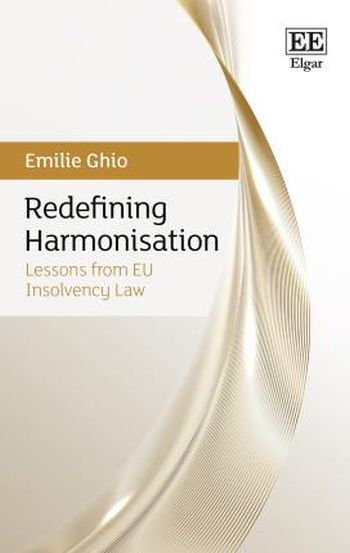
Providing a definition of the concept of 'harmonisation' within the context of the European Union, this timely book debunks the idea that EU harmonisation measures are made behind closed doors in Brussels and imposed, top-down, on the Member States.
Promoting the vision of the EU as an arena of dialectic law-making, Redefining Harmonisation tackles the most debated issues within the study of harmonisation, including ambiguity of language, ambiguity of objectives in European law, and a declining level of support for further European integration. Emilie Ghio, examines the purpose of harmonisation through an analysis of the most important provision of EU primary law, Article 114(1). Chapters analyse the core elements of Article 114(1), namely the link between harmonisation and the internal market, the role of the Member States in the harmonisation process, and the harmonisation language adopted by the EU. Ghio puts this analysis to the test by studying harmonisation in action, through case studies on EU primary law.
Offering an in-depth exploration of the concept of EU harmonisation through the lens of European insolvency law, this book will be an insightful read for students interested in EU law and the law-making process. This will also be a useful resource for insolvency law and governance scholars, looking to develop their knowledge of this growing topic.